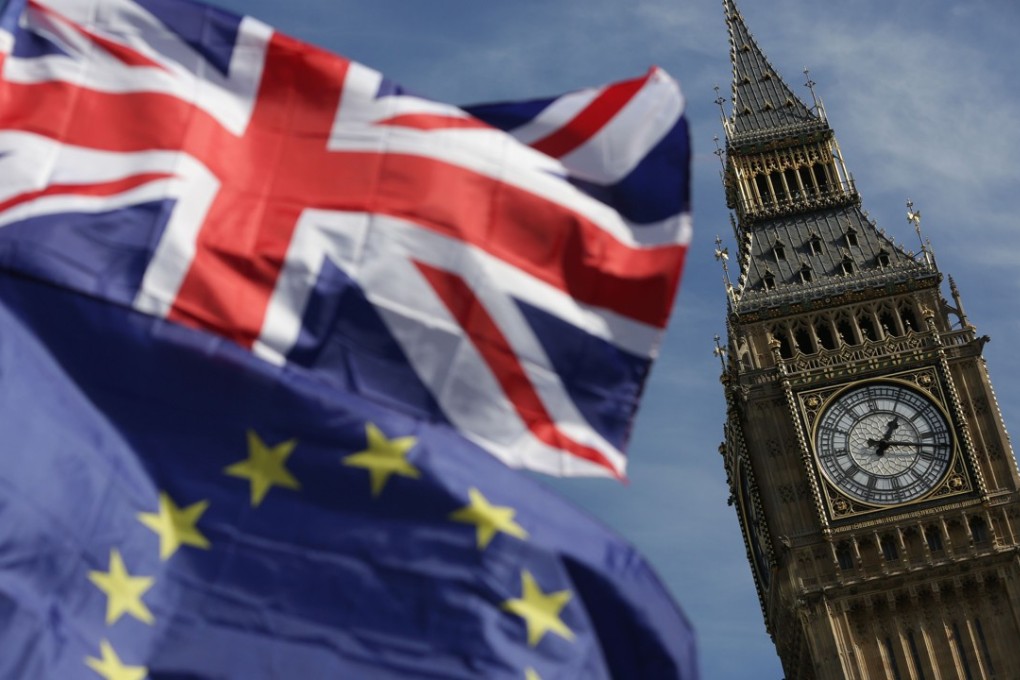Macroscope | Britain’s economy is already a disaster...Brexit is the final nail in the coffin
Britain is stumbling into a period of economic decline, quickening deindustrialisation and political marginalisation

Without a shadow of doubt, Britain is a car crash economy right now. The country has its foot pressed hard to the floor over leaving the European Union and is speeding into a brick wall. Love it or loathe it, Brexit poses a potentially painful pile-up for Britain’s future.
It is no exaggeration to say that after three centuries as an industrial powerhouse, Britain is stumbling into a period of economic decline, quickening deindustrialisation and political marginalisation.
Market forces and government intervention have both failed to bridge yawing shortfalls in the economy
Membership of the EU might have been a bane for 52 per cent of the nation that voted to leave last year, but for the 48 per cent wanting to stay in, at least Europe offered some hope of future prosperity.
There is no right and wrong now about what the future holds, but the worry is that early signs are emerging that Britain is already sliding down the slippery slope into economic obscurity.
For years, Britain has been dropping down the global rankings on economic performance, health, education and social provision. It is a poor reflection on a wealthy nation, especially the fifth-largest economy in the world. It is pointless blaming it on the 2008 global financial crash and tough austerity measures that followed to restore order to Britain’s ailing budget finances. The decay set in long before that happened.
Short-termism in industry, chronic underinvestment in key infrastructure and the lack of a coherent national economic plan have all resulted in an economy where regional development and regeneration has often been chaotic, muddled and wasteful. Market forces and government intervention have both failed to bridge yawing shortfalls in the economy.
The shock that follows Britain’s Brexit break in 2019 could be the biggest risk to the economy this century. The problem is how to model it and whether the government has the wherewithal and the nous to deal with it. Considering the three senior British politicians charged with negotiating the country’s departure from Europe, there is no pantheon of outstanding excellence.
